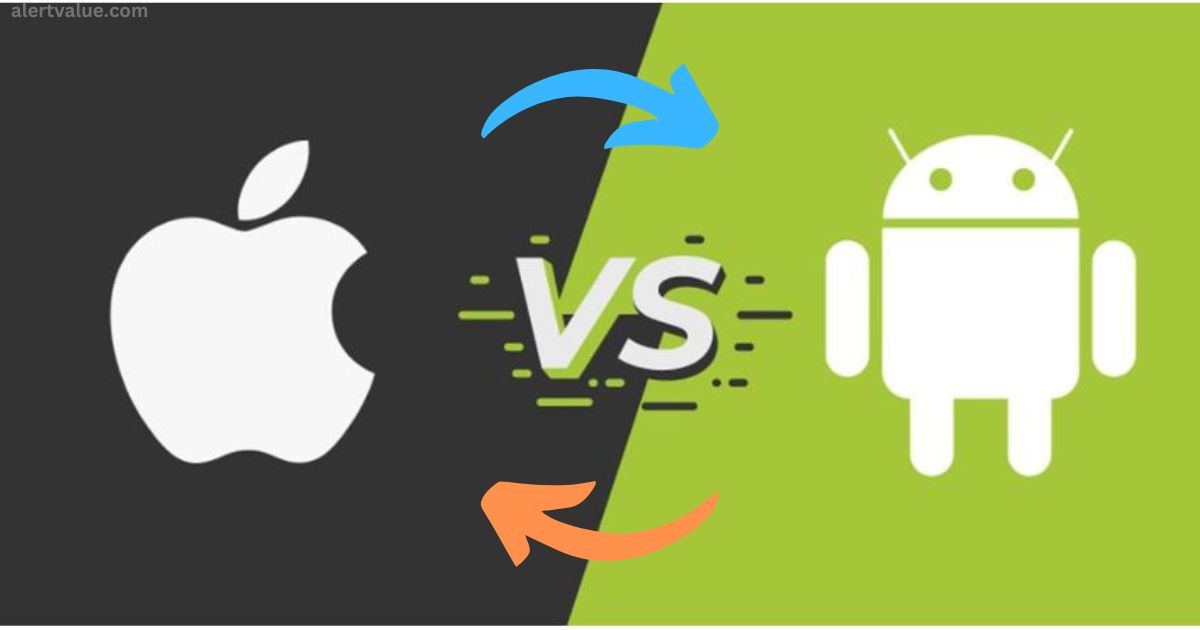Best
When it comes to smartphones, two names dominate the market – Apple’s iPhone and Google’s Android. Both have their strengths and offer a host of features that make them appealing to different types of users.
This post will explore the pros and cons of both platforms, comparing their hardware, operating systems, apps, price, security, intelligent assistants, ecosystem, serviceability, and other aspects. Our aim is to provide you with the information you need to make an informed choice between iPhone and Android.
Read also: Best Smartwatch under 1000-1500 INR in India 2024 flipkart & amazon
Hardware: Android’s Diversity vs iPhone’s Consistency
iPhone Hardware
Apple has a complete control over its iPhone’s hardware. The company designs and manufactures the device itself, ensuring a seamless integration of hardware and software. However, this also means that the iPhone comes in relatively few models. If you decide to go with an iPhone, you’ll have to choose from the models that Apple currently offers.
Android Hardware
On the other hand, Android is an open-source platform used by numerous manufacturers. As a result, Android users enjoy a wide range of devices to choose from. Whether you want a high-end device like the Samsung Galaxy series, or if you’re on a budget and prefer a less expensive model, there’s an Android phone to suit your needs and wallet.
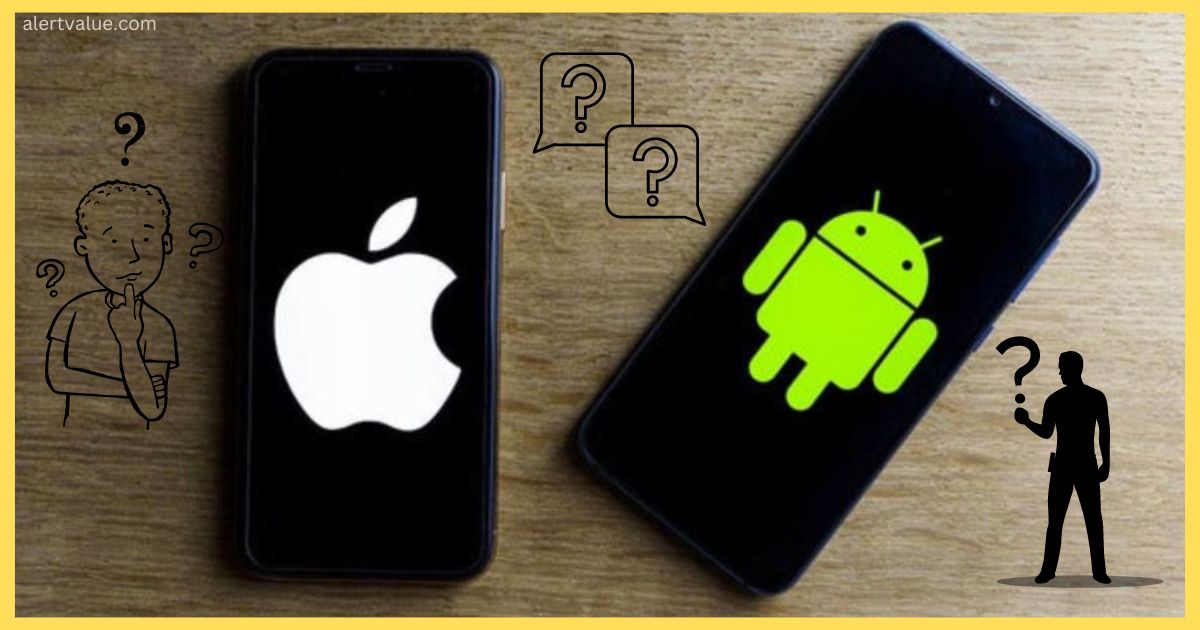
Operating Systems: iOS vs Android
iPhone’s iOS
Apple’s iOS is renowned for its simplicity and elegance. The company regularly updates its OS, introducing new features and security enhancements. However, the user has little control over the iOS environment, which some may find restrictive.
Android OS
Android, on the other hand, is known for its flexibility and customizability. It allows users to modify the system as they wish, providing more control over the device. However, the downside is that updates to the Android OS can be slower and less frequent, particularly for devices from certain manufacturers.
Apps: A Battle of Quantity vs Quality
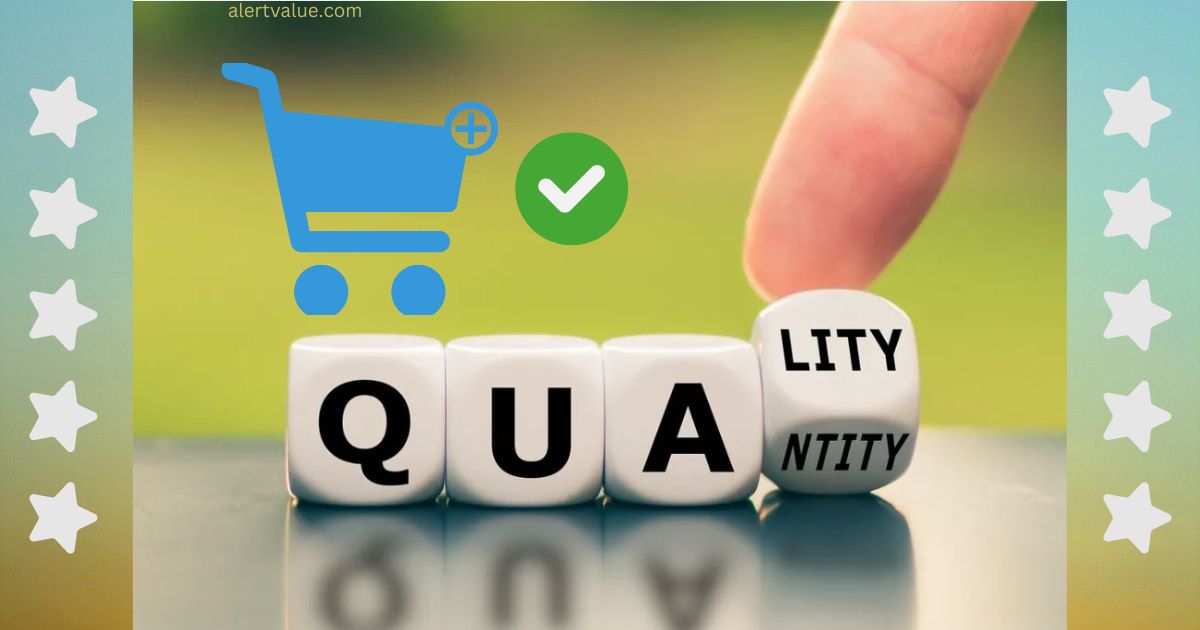
iPhone Apps
Apple’s App Store may have fewer apps than Google Play, but it’s well-known for its stringent quality control. Every app on the App Store has to pass through a strict approval process, which ensures a higher standard of security and quality.
Android Apps
Google Play Store, on the other hand, boasts a larger number of apps. Android’s open nature allows developers to create and distribute apps more freely. On the other hand, this may potentially increase the possibility of running into harmful or low-quality applications.
Read also: Best monitors under 15000 in India (2024) with powerful specs
Pricing: iPhone’s Premium Tag vs Android’s Price Spectrum
iPhone Pricing
Apple’s is positioned as a premium product, and its pricing reflects this. The Apple is generally more expensive than most Android devices. However, many would argue that the high price tag is justified by the iPhone’s superior build quality, user experience, and resale value.
Android Pricing
Android devices, on the other hand, come in a wide range of prices. Whether you’re looking for a high-end device or a budget-friendly option, there’s an Android phone for you. This pricing variety makes Android more accessible to a larger audience.
Security: iPhone’s Tight Control vs Android’s Openness
iPhone Security
Apple’s tight control over the iPhone’s hardware and software makes it a highly secure platform. iOS devices have built-in security features like encryption and sandboxing, and Apple regularly releases security updates to protect against new threats.
Android Security
Android devices, while not basically insecure, are more susceptible to security threats due to the platform’s openness. The availability of third-party apps from sources other than the Google Play Store can potentially expose Android devices to malicious software. However, Google is continuously working on improving Android’s security, and high-end Android devices come with robust security features.
Intelligent Assistants: Siri vs Google Assistant
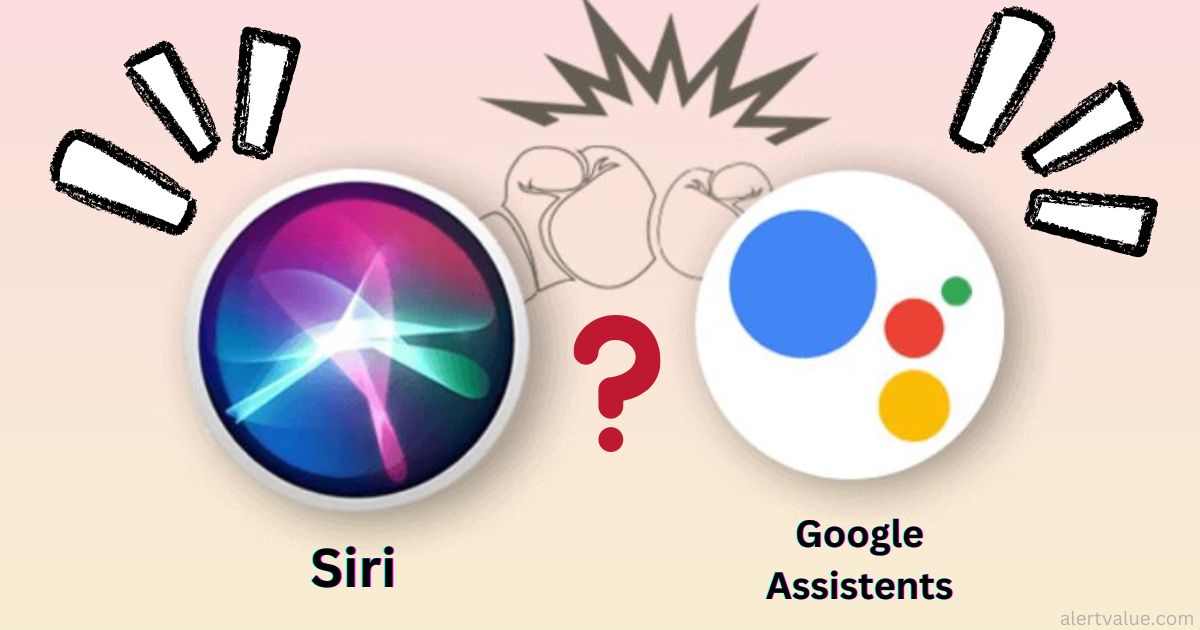
iPhone’s Siri
Siri, Apple’s intelligent assistant, is deeply integrated into the iPhone’s system. It can perform a variety of tasks, like making calls, sending texts, setting reminders, and more. While Siri has improved significantly over the years, it’s still not as advanced as Google Assistant.
Android’s Google Assistant
Google Assistant, available on Android devices, is arguably the most powerful intelligent assistant currently available. It uses Google’s extensive knowledge base and advanced AI technologies to deliver a highly responsive and personalized user experience.
Ecosystem: Apple’s Seamless Integration vs Android’s Flexibility
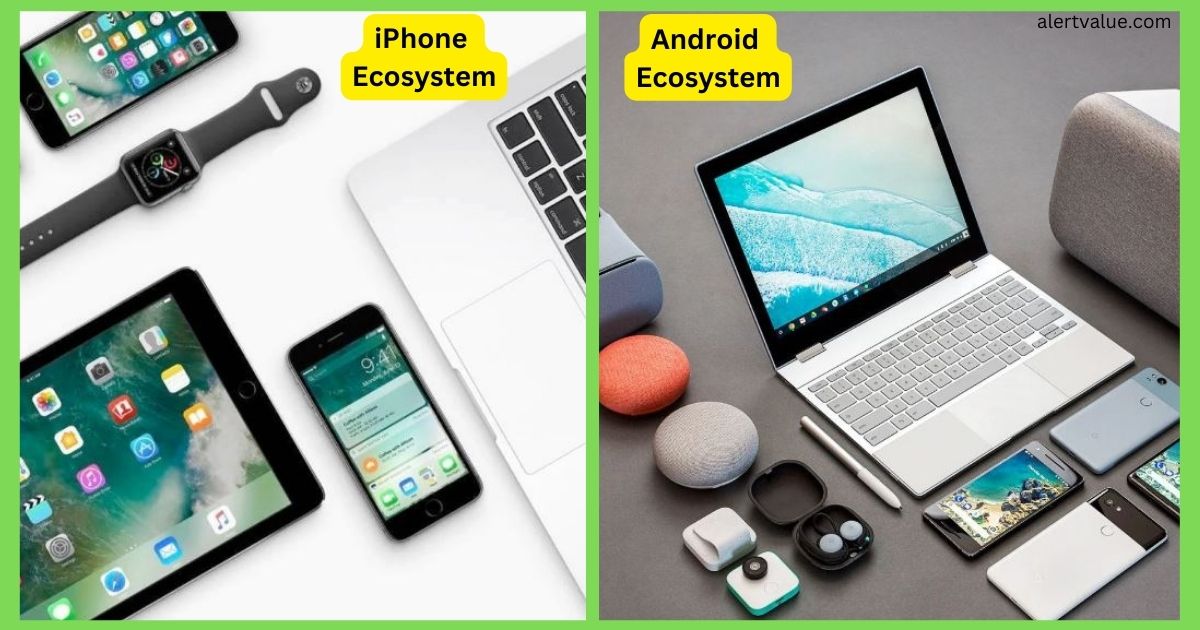
iPhone Ecosystem
Apple’s ecosystem is one of its biggest selling points. If you own other Apple devices like a Mac, iPad, or Apple Watch, having an iPhone allows for seamless integration across devices. Features like Handoff, Universal Clipboard, and AirDrop make it easy to work across multiple Apple devices.
Android Ecosystem
While Android doesn’t have a comparable ecosystem to Apple’s, it does offer flexibility. Android’s compatibility with a wide range of devices and platforms makes it a good choice for users who use diverse hardware or prefer using different platforms.
Serviceability: Android’s DIY-Friendly Nature vs iPhone’s Dependence on Service Centers
iPhone Serviceability
Apple’s focus on design and build quality often means that iPhones are not user-serviceable. For instance, the battery is not user-replaceable, and increasing the storage capacity is not possible. If your iPhone needs repairs, you’ll likely have to take it to an Apple Store or an authorized service center.
Android Serviceability
Some Android manufacturers build their devices to be easily serviced. This means you can replace the battery, increase storage, or even carry out minor repairs on your own. This DIY-friendly nature can be a significant advantage for users who enjoys experimenting with their devices.
Final Thoughts: A Matter of Personal Preference
Choosing between an iPhone and an Android device comes down to personal preference. If you value a streamlined user experience, top-notch security, and seamless integration with other devices, the iPhone could be the right choice for you.
On the other hand, if you prioritize flexibility, customization, and affordability, you might prefer an Android device. In any case, both platforms provide fantastic options for people with a variety of needs and interests.
Read also: Moto Edge 50 Pro: performance, camera and more specs
Read also: Nothing Ear 3 Launch Event Scheduled for April 18, Promising Innovation and Style
